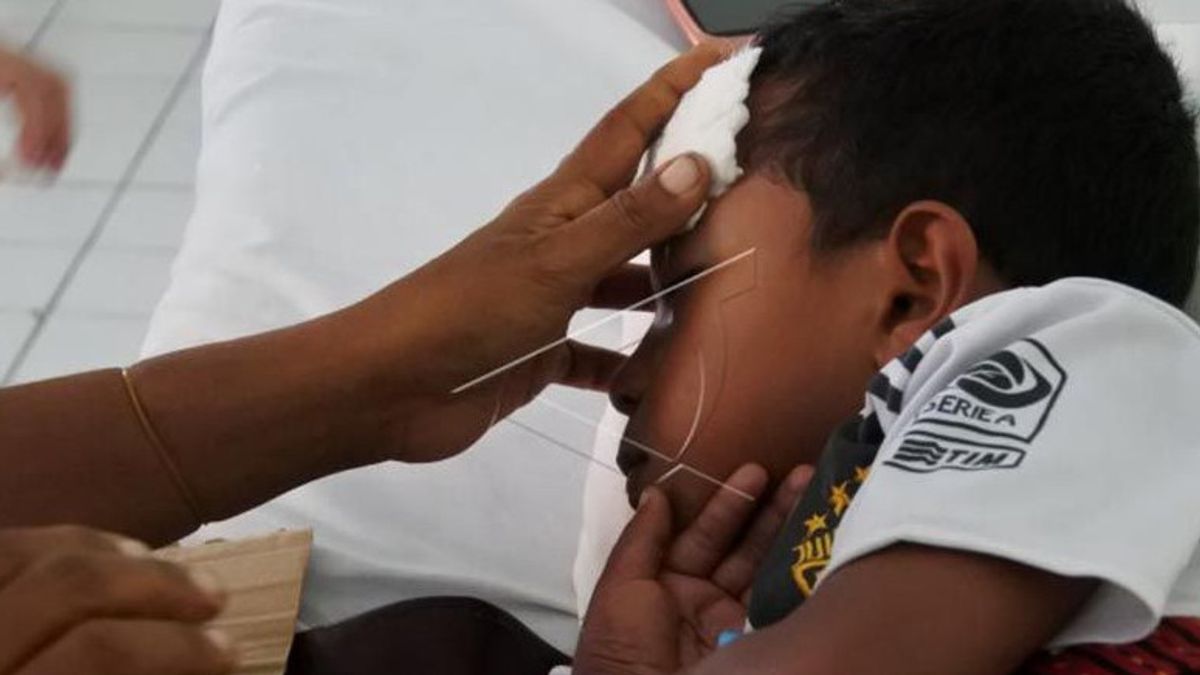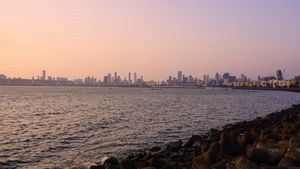NTT - The NTT Department of Health, Population and Civil Registration (DKKPS) reported that as of Monday, January 31 afternoon, the number of people who died from dengue hemorrhagic fever (DHF) in the province had increased to four from the previous two.
"Now the number of patients who have died from dengue fever is four. There is an increase from last week's only two," said Head of the Communicable Disease Prevention and Control Section (P2PM) of the NTT DKKPS, Agusthina Rospita, as quoted by Antara.
This was conveyed by him related to the development of dengue cases in NTT in the past week in the island-based province.
He explained that the four cases of patients who died were spread one person each in Kupang City, Sikka Regency, Ngada Regency and Nagekeo Regency.
"The patients who recently died are in Kupang City and Ngada Regency," he said.
Furthermore, he said, in addition to the increase in the number of dengue patients who died, the number of cases treated due to dengue also experienced a significant increase.
He said that until now, the number of dengue fever in NTT has reached 766 cases from the previous 540 cases. The highest number of cases, he said, was still occupied by the West Manggarai district with the number of cases reaching 160 cases, from the previous 129 cases.
Furthermore, he said, until now, if sorted, Kupang City is still the area with the second highest number of dengue cases with the number of cases reaching 159 cases, approaching West Manggarai from only 112 cases. 97 cases with one death rate.
With the number of dengue cases continuing to increase in NTT, the NTT Health Office appealed to residents to keep the surrounding environment clean so that it does not become a breeding ground for mosquito larvae.
The Health Office has also established mosquito larvae monitors in every house, to ensure that there are no places where mosquito larvae can breed.
Currently the Health Office in every district and city continues to carry out fogging or fumigation in every settlement to prevent the development of mosquito larvae and increase dengue cases in each area.
The English, Chinese, Japanese, Arabic, and French versions are automatically generated by the AI. So there may still be inaccuracies in translating, please always see Indonesian as our main language. (system supported by DigitalSiber.id)













